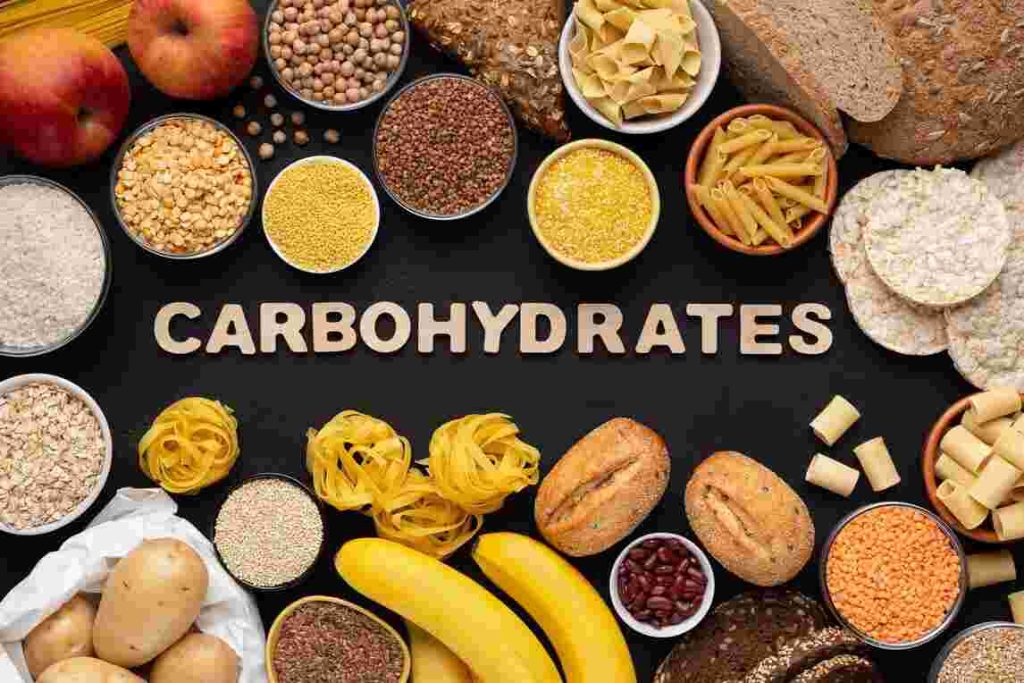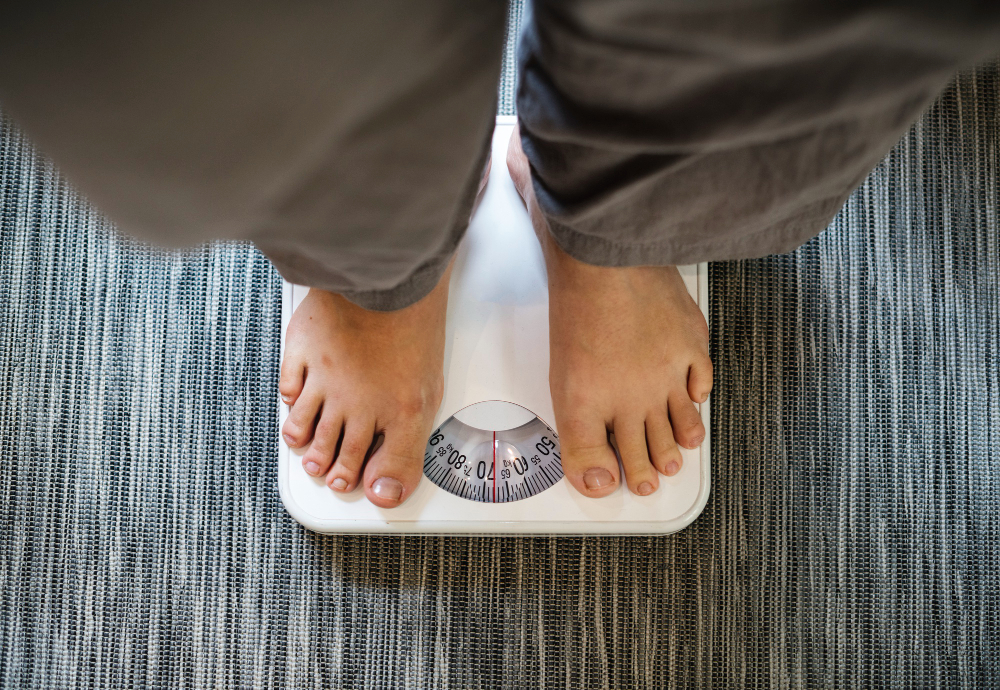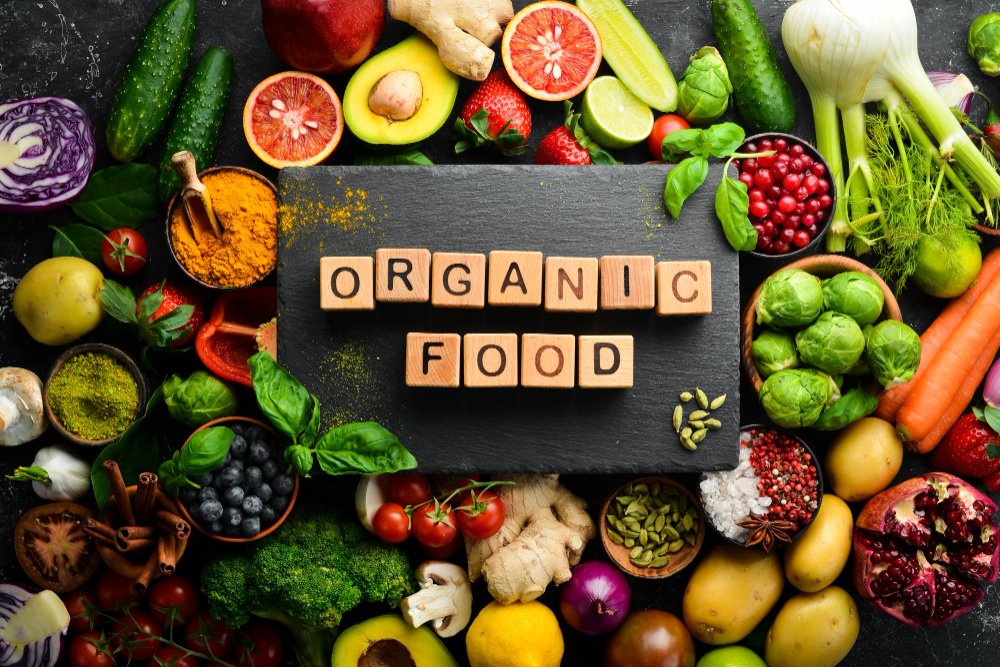Today’s society is riddled with numerous health myths that many people believe to be true and can lead to unhealthy habits or unnecessary fears. A widely believed health myth is that you must drink eight glasses of water a day; although staying hydrated is essential for good health, how much water each individual requires depends on factors like weight and activity level. Another widespread myth states that you can catch cold from being outside in cold temperatures; in actuality viruses cause illness, not temperature itself.
Health Myths
1) Drinking Eight Glasses Of Water Per Day Is Necessary For Good Health

While maintaining good hydration levels is crucial to good health, drinking eight glasses of water each day is simply an outdated myth. A person’s individual water requirements depend on factors like age, gender, weight, level of physical activity and climate – so the National Academies of Sciences, Engineering and Medicine recommend a daily water intake for men of around 3.7 liters (125 ounces) while women need approximately 2.7 liters (91 ounces). Remember: drinking water alone won’t keep you hydrated!
2) Carbohydrates Are Bad For You

Carbs are actually an essential source of energy, particularly for brain and muscle function, found in foods like fruits, vegetables, grains and legumes. Not all carbohydrates are created equal though: simple ones found in candy bars, soda and other sugary treats may quickly digested and lead to blood sugar fluctuations which could potentially harm health if consumed excessively; in contrast complex carbs like whole grains fruits & veggies provide steady energy as well as important vitamins & minerals for overall wellness.
3) Eating Late At Night Causes Weight Gain

Dieting at night may lead to weight gain is a popular belief, yet evidence supporting it remains mixed. While eating large meals near bedtime may disturb our sleep and lead to weight gain, this may only be because insulin production increases following meal consumption which in turn interferes with melatonin production which regulates our sleeping pattern and poor quality sleep has been linked with weight gain and obesity. Timing of meals alone does not cause weight gain; what really matters for weight management is the total number of calories consumed along with their balance with physical activity levels.
4) Going Outside With Wet Hair Will Make You Sick

Going outside with wet hair alone should not lead to sickness; infections of any sort are caused by viruses and bacteria, not cold temperatures or wet hair. Being exposed to cold temperatures may decrease your immune system’s capacity to fight infections; however, for this to occur it would require prolonged exposure or other factors causing body temperatures to drop significantly – neither are likely happening by simply going outside with wet hair alone.
5) Antibiotics Can Cure A Cold Or Flu

Antibiotics are ineffective against colds or flu because these illnesses are caused by viruses rather than bacteria; antibiotics are effective only against bacterial infections. Colds and flu are caused by viruses such as rhinovirus and influenza virus; antibiotics cannot kill these viruses so are ineffective in treating this illness. Furthermore, people suffering from these illnesses may develop secondary bacterial infections like sinusitis or pneumonia which further compound their illness.
6) Organic Food Is Always Healthier Than Non-Organic Food

Though organic food has often been touted as healthier and more nutritious, evidence on this issue is mixed and more research needs to be conducted before definitive conclusions can be reached. Organic farming practices aim to protect soil health and biodiversity – factors which could increase nutritional content of produce grown organically; yet studies comparing nutritional content of organic with non-organic produce have produced conflicting findings – with some concluding that certain nutrients and antioxidants were higher levels among organic produce than non-organic produce.
7) Red Meat Is Bad For You

Excessive red meat consumption can be harmful to health. But moderate red meat intake as part of a well-rounded diet can provide essential protein, iron and vitamin B12 needs for our bodies if consumed too frequently; beef, pork and lamb provide such essential nutrients; however it also contains saturated fat and cholesterol which increases risk for heart disease as well as other medical issues if eaten excessively; recent studies suggest a potential correlation between high consumptions of processed red meat such as bacon sausage hot dogs etc and heart disease risks or health conditions arising.
8) Sugar Causes Hyperactivity In Children

Sugar may lead to hyperactivity in children, but that belief is unsupported by scientific evidence. Although excess consumption of sugar can have detrimental health outcomes, research studies have failed to establish any direct causal connection between sugar consumption and hyperactivity in children. Studies conducted have examined this relationship but their results have failed to provide conclusive proof of an actual causal link – in fact they may even show no such evidence exists!
9) Stretching Before Exercise Prevents Injury

Stretching can play an important role in injury prevention. While stretching before exercise may increase flexibility and range of motion, its evidence on its efficacy for injury prevention varies wildly. Some studies suggest it could reduce muscle strain risk while others show no significant difference to injury rates – perhaps stretching is more effective at preventing certain types of injuries (or populations) more effectively than others? Furthermore, stretching should only be used after physical activity to maximize flexibility and range of motion rather than injury prevention.
10) You Need To Detox Your Body With A Special Diet Or Supplement
Also Refer:-6 Reasons Why You Should Start Eating Peaches for Improved Health
Scientific evidence does not support the concept of detoxing the body through special diets or supplements as being necessary to support its natural detoxification processes. Our body naturally detoxifies itself of waste products such as toxins through our liver, kidneys and other organs working together to process and flush out waste products from our system; there is no evidence to suggest specific diets or supplements are necessary to support these processes; indeed some purported “detox diets or supplements may even be detrimental if overly restrictive or lacking important nutrients – thus the best way to support our body’s natural detoxification processes is simply maintaining healthfully living an overall healthy lifestyle.





